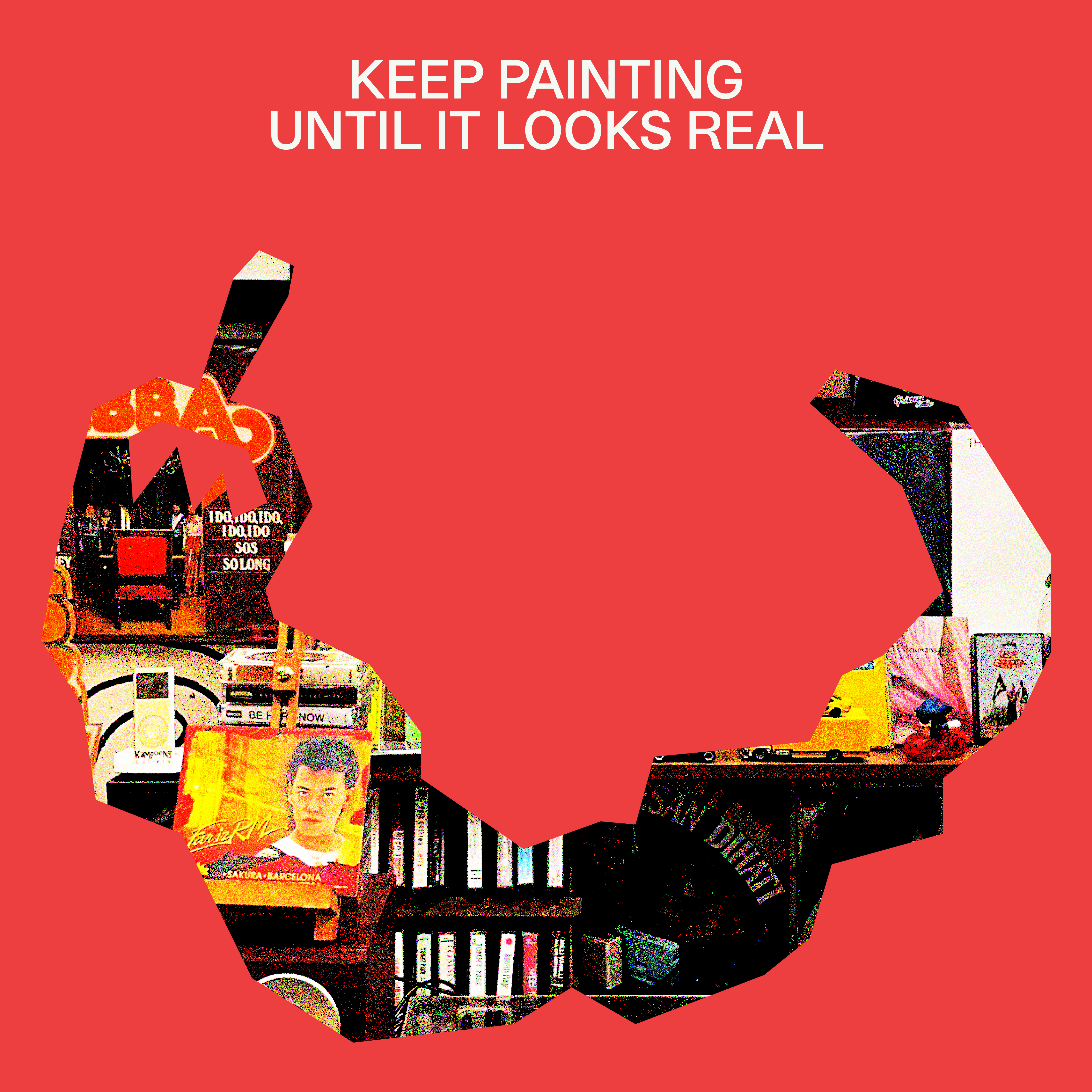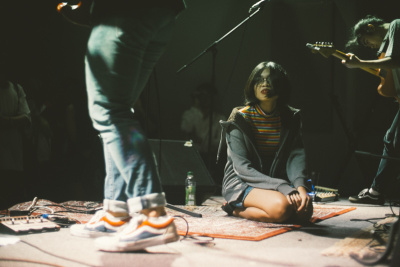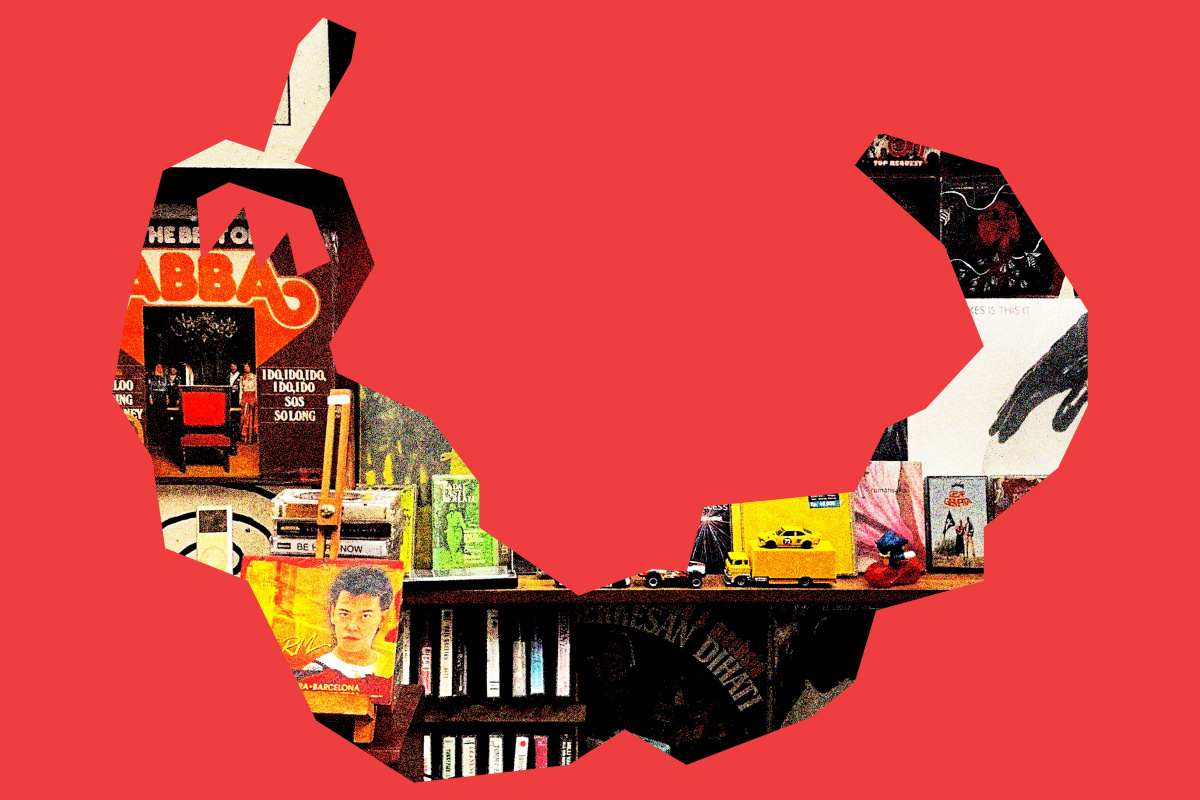
Sons of Betawi and Their Cultural Paradox
Haikal Azizi, the man behind noir folk/pop Bin Idris, reminisces about his hometown, Depok. Son of an Islamist Betawi preacher, he navigates artistic and musical life far apart from his conservative family. His deeply spiritual and reflective lyrics, however, show the true colors of his roots.
In the 90s, at the height of television’s popularity, Indonesia was united under the spell of Si Doel Anak Sekolahan. Spanning through 6 seasons from 1994 to 2003, the beloved series depicts the life of Doel, a typical young man of the native Betawi ethnicity and the life of his family at their traditional home in Cinere, an area in Depok City (a suburb at the southern periphery of Jakarta Administration).
The popularity of Si Doel owes to the fact that people can see everyday next door people on screen. Doel’s father drives an oplet, a minivan that became the backbone of public transportation across the Jakarta outskirts in the olden days. His mom manages a small bodega at the fence of their front yard. His parents’ dream is to travel to Mecca for Hajj pilgrimage. However, they give up that dream – a lifelong dream shared by so many pious moms and dads in Indonesia, so they can send Doel to college. Furthermore, to make sure Doel has everything he needs for his education, the parents let go of their ancestral heirlooms: acres of land and ricefield passed through generations. Again, this is another common sacrifice made by so many parents across the archipelago to make sure their children have better chances in life – or in Doel’s case, so that he won’t have to earn a hard living driving oplet like his father.
A snippet:
Si Doel showcases the classic stereotype of Betawi people: they are the original landlords in Jabodetabek (Jakarta and its satellites: Bogor, Depok, Tangerang, and Bekasi), and they organize their lives around the religion of Islam (except for some Christian minorities, but that’s a story for another day).
Compared to the other ethnicities in modern Indonesia that can trace their roots to the dawn of civilization, the Betawi ethnicity is relatively new. The group of people labeled as «Betawi» emerged in the area around the 18th century, during the Dutch colonization era. It is believed that they are the descendants of the people who inhabited Batavia (the Dutch colonial name for the area now known as Jakarta) from the 17th century onwards. As a sprawling port city, Batavia lured many immigrants from other places in the Nusantara archipelago as well as traders from China and Arabia Peninsula. These immigrants assimilated with the native Sundanese people, and created an amalgamation of new culture, language, and way of life of Betawi – very similar to the one depicted by the Si Doel series.
Watching snippets of Si Doel now is like traveling through time to the bygone era of Jabodetabek. That kind of landscape doesn’t exist anymore. Even the original filming set has been torn down to make way for city development. The filming props, including the iconic house where Doel’s family lived and the blue oplet minivan, have been moved to a property in Lebak Bulus, South Jakarta, where they are preserved and open to the public as a Betawi restaurant. The estate is managed by Rano Karno, the actor who played the titular character. Fun fact: Rano Karno pivoted to politics and now serves as the Vice Governor of Jakarta. He used the name Si Doel in his gubernatorial campaign in 2025, riding the character’s familiarity to Jakartans as his ticket to win the election.
Depok now has grown very different from the neighborhood surrounding Doel’s family in the 90s. Home to 2 million people, mostly Jakartan workers, Depok constitutes the second most populous suburban city in Indonesia and the tenth most populous suburban city globally. The people identified as ethnic Betawi, however, have now become a minority in their own hometown. Their number is now far smaller than the number of migrants moving to Jabodetabek after Indonesia’s independence in 1945.
Betawi’s way of life is now considered outdated. Their culture and language is now foreign to the newcomers, mostly Jakartan workers who would commute back to their sleek and clean Scandinavian x Japanese inspired architecture in the gated communities, sprinkled within Depok.
Now, in the 21st century, news from Depok is usually wild and/or amusing. In 2021, seven men successfully captured a «babi ngepet», an enchanted pig that is believed to be a manifestation of black magic deployed by an evil wizard to steal money from people’s homes. All seven men had to strip naked to capture the pig, otherwise the pig wouldn't be seen by them.
In 2019, Depok mayor Mohammad Idris stretched his vocal cords and broadcast his song «Hati-hati» («Be Careful») through the traffic lights of busy main streets, Ramada and Margonda. The song, played every time the traffic light turned red, was a part of a traffic disciplinary program named Joyful Traffic Management. It aimed to entertain drivers while reminding them to drive safely. The program is now halted for evaluation.
On March 2, 2020, President Joko «Jokowi» Widodo announced that the very first case of COVID 19 in Indonesia had been officially detected in two patients in Depok. It kickstarted the previously underestimated COVID 19 mitigation, a poorly managed and lagging system, causing at least 1 million excess deaths.
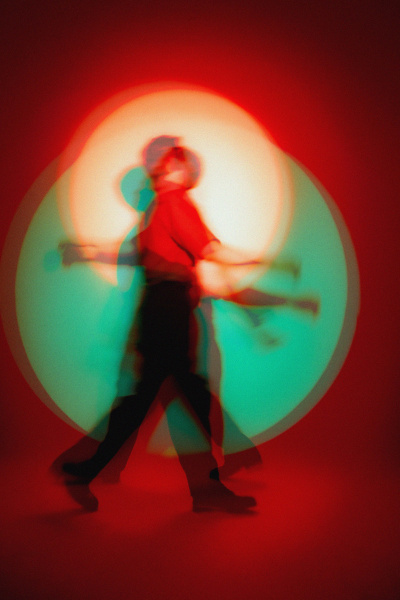
On one especially sunny afternoon in 2023, I arrived at my studio apartment in Ragunan, South Jakarta after battling the hellish and perpetual traffic jam of TB Simatupang Street, a main road between my place and my office.
I was extremely exhausted when I finally entered my room. I turned on the music app to play my favorite calming music playlist and then immediately passed out on the bed.
I woke up, maybe two hours afterwards. The room was dark. The dim sunset creeped through the window, casting a shadowy scarlet light on the floor and on the walls. The adzan maghrib, dusk call for prayers, were echoing from the three different mosques surrounding my building. Inside the bedroom, thanks to the algorithmic fate that controlled my music app, echoes of the eerie, underworldly, reverb-drenched guitar sounds of «Laylat Al Qadr» a song by Bandung based guitarist/singer Bin Idris.
For a split second, I thought I was already dead.
Haikal Azizi, the man behind the Bin Idris moniker, told me later in an interview in August 2025 that he never planned the «spiritual neo noir folk» style, which is how his music is often interpreted. «Born and brought up in Depok from a deeply religious Betawi family, those kinds of aesthetics just feel natural to me», he said.
As a matter of fact, one of my favorite songs from the self-titled album, Bin Idris (2016), was «Temaram», whose lyrical rendition reminded me of Al-Fatiha, the first chapter of the Quran. Throughout Bin Idris’s discography—spanning over a decade, two albums, and several other releases—Haikal sprinkled the theme of spiritual reflection, the mention of God, and the act of praying or saying «Bismillah» liberally.
Born to a locally well-known and highly respected preacher, Haikal embraced Islam with a taste of Betawi from the day he was born. In addition to the fact that Depok is a strong basis of PKS, the biggest Islamist political party, Haikal’s neighborhood is also dominated by Nahdlatul Ulama (NU), one of the most influential Islamist civil organizations in Indonesia. The signature sound of the environment was the unceasing broadcast of the surrounding mosques: calls for prayer, sermons, Quran recitals, and everything in between. Nasyid, a genre of religious music, is a common entertainment. «It is mostly sung a capella because some people believe the musical instrument is haram», Haikal said. He added that he was always enrolled in Islam schools through every step of his education, and he’d spent his afternoons reading the Quran as a child.
In 2007, he left Depok to study art in Bandung, a vibrant city famous for its pop culture in West Java province, about 4 hours from Jakarta. In Bandung he joined the colorful music scene with a highly praised psychedelic rock unit, Sigmun. In 2012, he released Mukadima, an EP under his new solo project, Bin Idris. This project became SoundCloud-famous in the 2010s, especially my personal favorite «Calm Water», which had gained over 50K plays in 11 years.
Haikal said his Bin Idris musicality owes inspirations to other singer-guitar players such as Bob Dylan, Leonard Cohen, and Sufjan Stevens, leading him to believe that his music might actually be pop-based.
I disagree, and told him that his music sounds more similar to a man dragging his guitar out to a lonely crossroad at dusk to sell his soul to the devil.
«Yeah, I don’t know how it turned out to be interpreted as ghostly folk», he said, laughing.
His father, the original Mr. Idris, never showed support nor dislike for his musical enterprise. It is ironic because Haikal created the moniker by borrowing his father’s name. «Bin Idris» literally means «the son of Idris» in the Arabic naming system.
«I sensed that he always wanted me to stop focusing on music, because it is not in accordance with the Muslim’s way of life», he said. «I never told him about this project until one day one of his colleagues showed him my music, telling him that I used his name. He was not amused, but he never literally told me to stop».
He said he never tried to explain his artistic visions nor practices to his family, whose way of life and perspective are way too different from his own—a similar father-and-son dynamic shared by so many musical kids from a next-door conservative Jabodetabek family. «I just silently show to them that I can thrive in this area without fussing them, that I can go and perform in Japan without having to ask them for money. That I got nominated in the prestigious AMI Awards. Stuff like that».
Haikal earned a Master’s degree and secured a slow-living job as a lecturer in the same Bandung university. Although he thought he would stay there forever, he eventually left the city he had embraced as home in 2017. He got married, became a father, and decided that «...it is time to be serious with my life».
He went back to Depok and joined the family business running a petrol station, a job that his other siblings also do.
However, he said that this part of his life felt like a phase that would pass—that his living in Depok right now is just a transit.
«I am still trying to find a way to leave, maybe back to Bandung. Who knows».
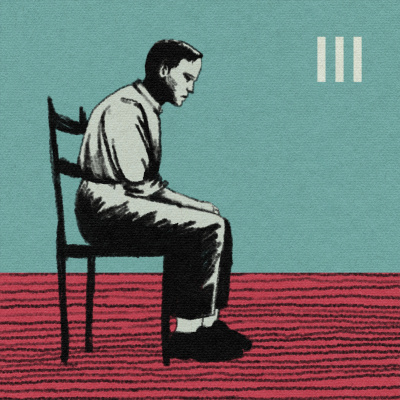
Haikal Azizi as Bin Idris released an album titled III earlier in 2025 via the Bandung label, Orange Cliff Records. The 13 songs are a collection of songs he had written since 2016, many are love letters to his wife and son.
This essay is part of the digital publication Norient City Sounds: Jakarta, curated and edited by Gisela Swaragita.
Biography
Biography
Published on August 27, 2025
Last updated on August 29, 2025
Topics
From Bangladeshi electronica to global «black midi» micro scenes.
Why do people in Karachi yell rather than talk and how does the sound of Dakar or Luanda affect music production?
Place remains important. Either for traditional minorities such as the Chinese Lisu or hyper-connected techno producers.
A form of attachement beyond categories like home or nation but to people, feelings, or sounds across the globe.
Desires are produced personally and impersonally: About music as desiring machine and the elasticity of bodies.
From priests claiming to be able to shapeshift into an animal to Irish folk musicians attempting to unify Protestants and Catholics.
From world known reggae musicians fighting against the devil to the black metal scene in Indonesia.
Special
Snap
